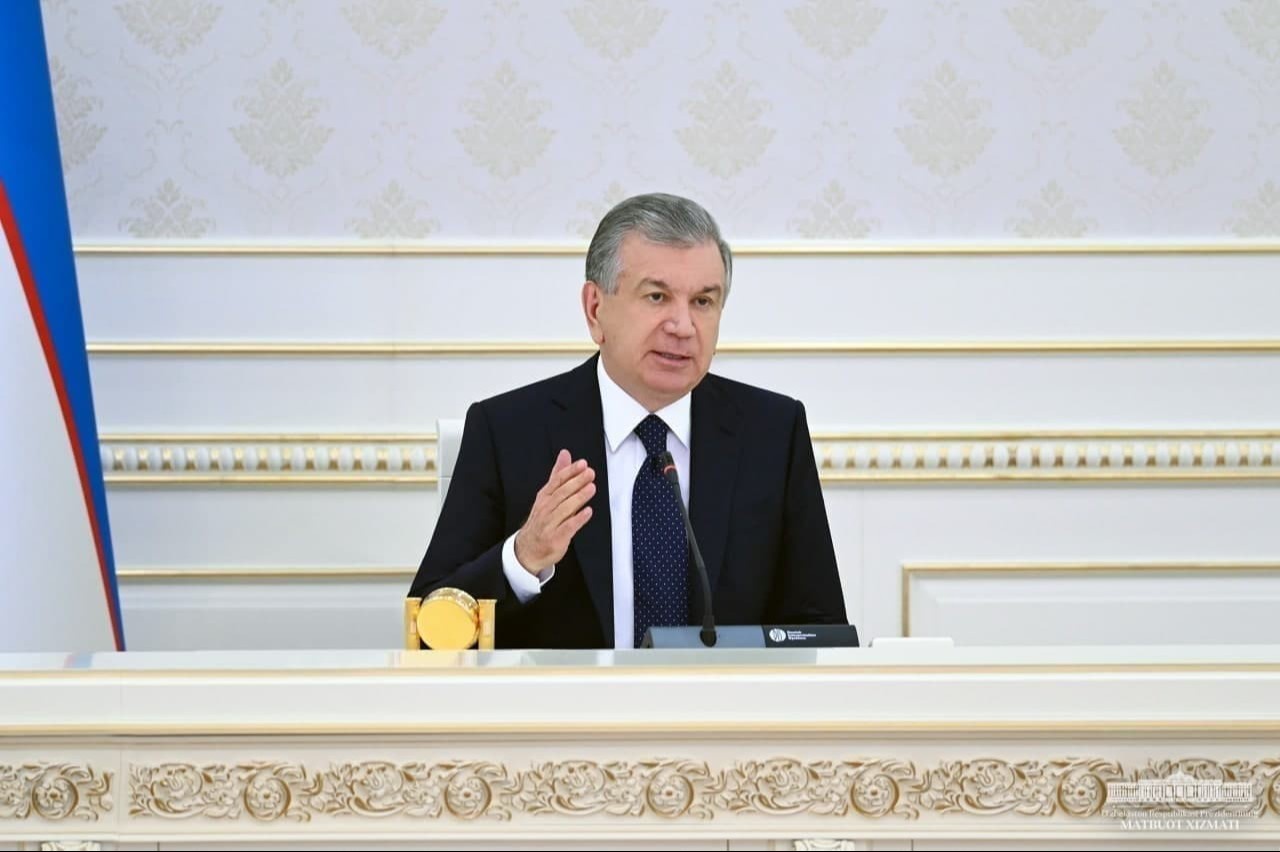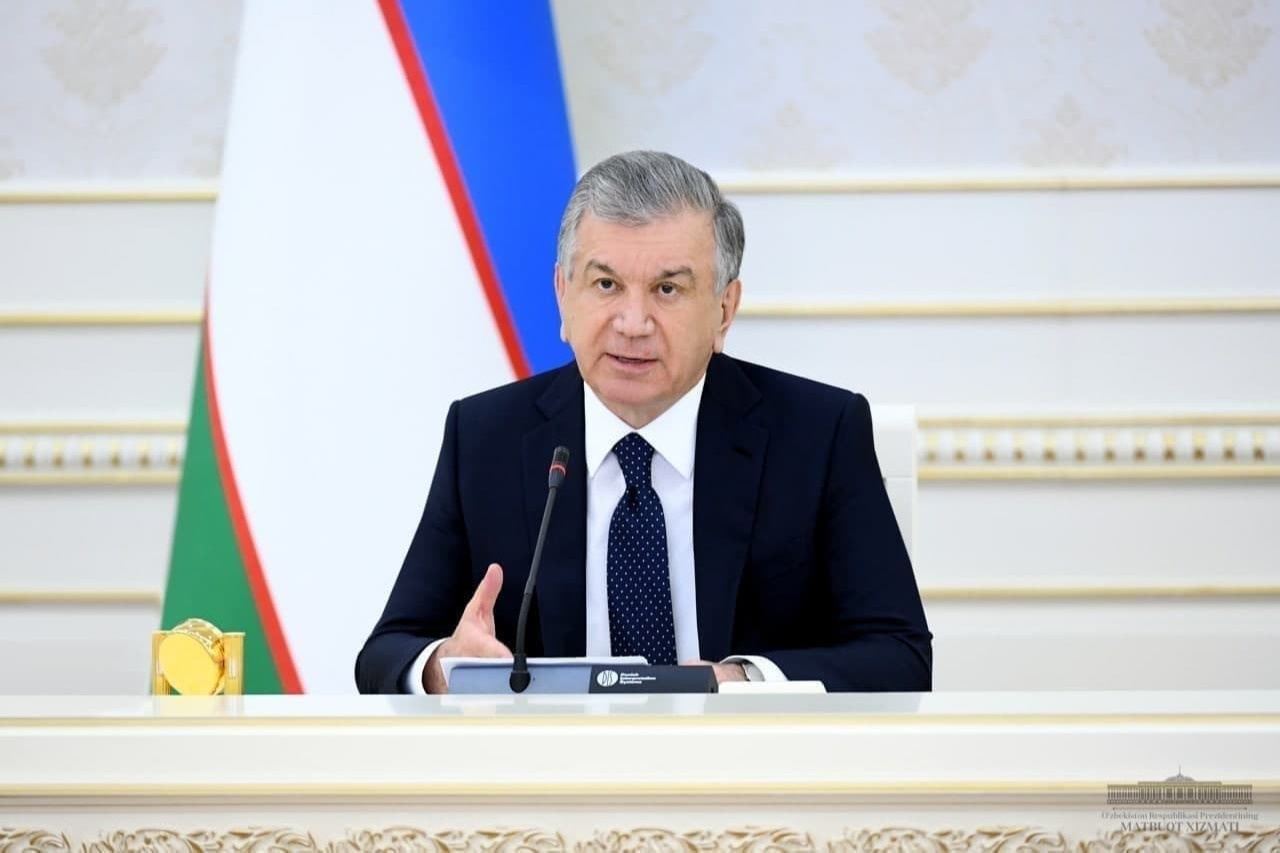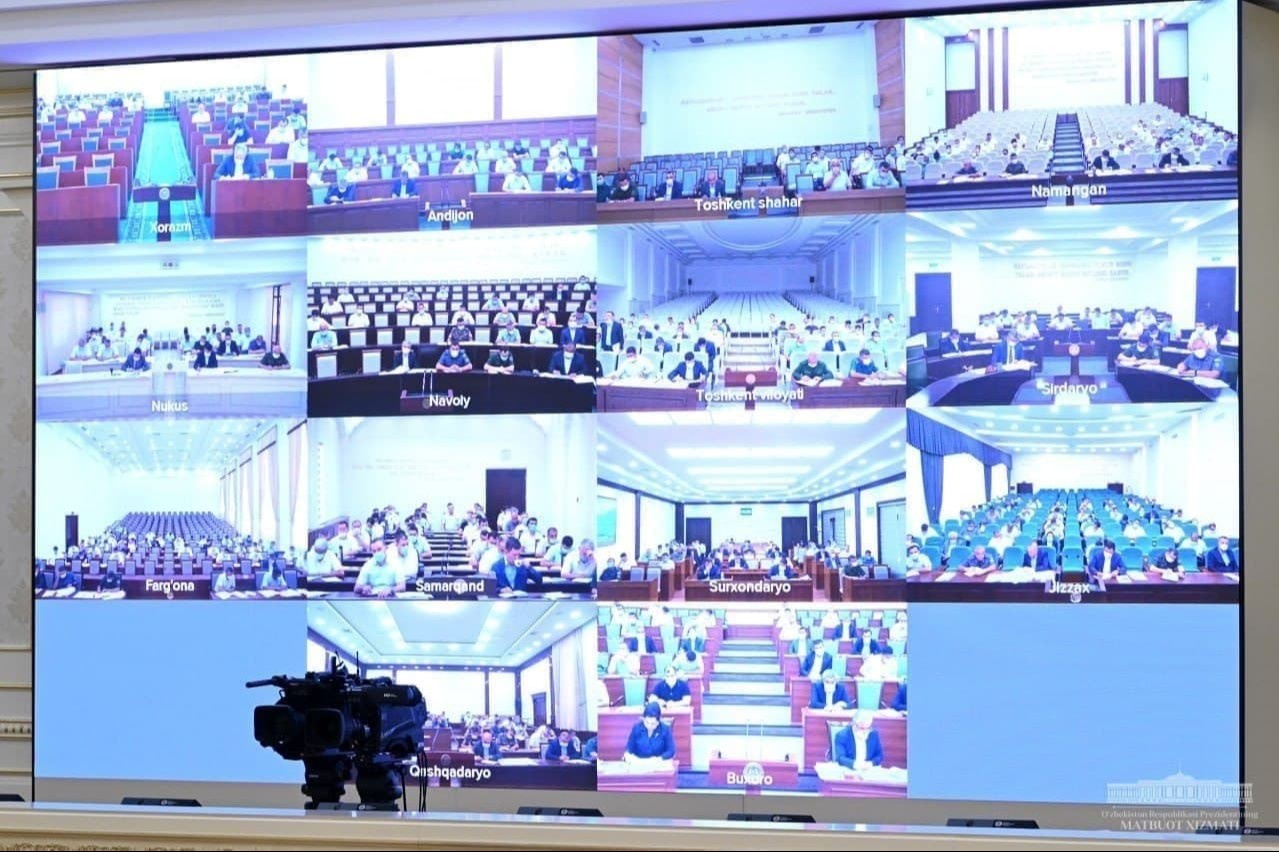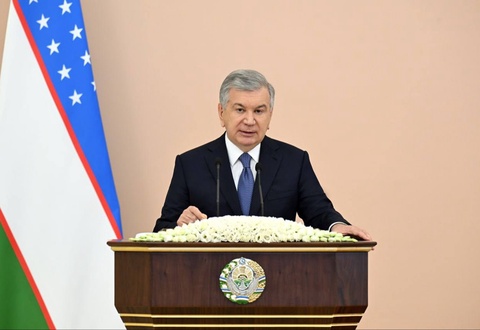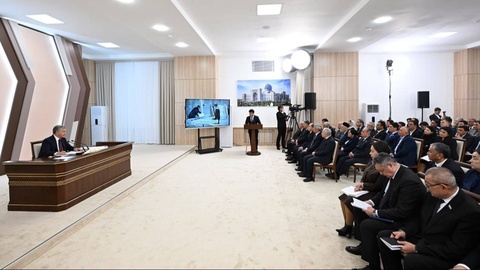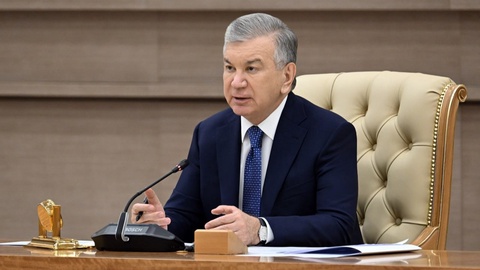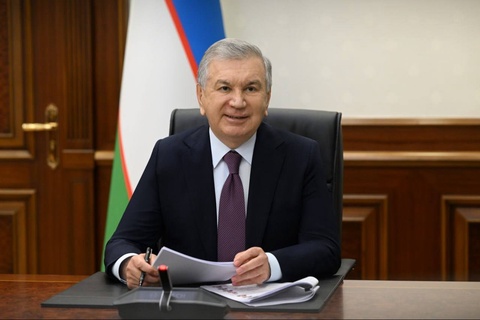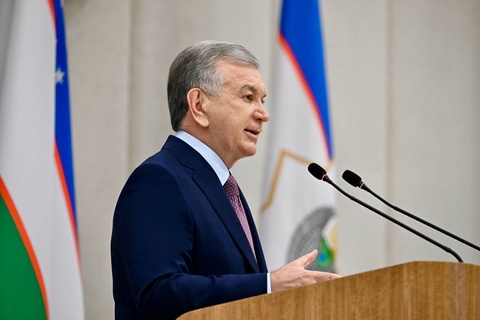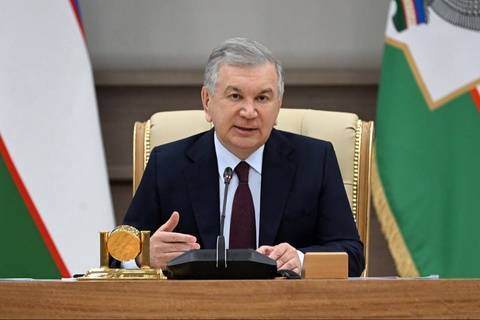Environmental problems in Uzbekistan, as well as throughout the world, are growing. This is caused by both natural factors and the activities of a person himself.
Over the past 4 years, the number of industrial enterprises in Uzbekistan has doubled, the level of dust and gas pollution in the cities exceeded the norm by 4 times. In the regions of the country, the area of green spaces has decreased by 3-4 times. The level of aboveground and underground waters has decreased.
Construction on vacant plots between multi-storey buildings, cutting down trees, despite the declared moratorium, reduction of green areas cause discontent among the population.
The State Committee for Ecology and Environmental Protection, local authorities do not show initiative and do not carry out practical work in this direction.
In this regard, the problems in the sphere were criticized at the meeting. Alisher Maksudov, Chairman of the State Committee for Ecology and Environmental Protection, was dismissed for his inability to organize systematic work at places.
Important tasks to improve the environmental situation and expand green space were identified.
The task has been set to plant 55 million seedlings in the fall of this year along highways, along the perimeter of fields and in all settlements, and in the spring of next year – 70 million seedlings of mulberry, paulownia, maple, oak, walnut, narrow-leaved oak, poplar and other fruit and ornamental trees.
It was noted that to care for trees, it is necessary to assign one worker to each mahalla, as well as at least 5 workers to district and city improvement departments.
Hokims of the regions were instructed to restore 4.5 thousand kilometers of internal irrigation networks in cities and district centers.
Harvesting of seedlings plays an important role in improving the ecology and expanding green space. For example, paulownia nurseries have been established in Andijan, Pakhtabad and Markhamat districts. Or, in the villages of Khojaiduk and Omonkuton of Urgut district, each household harvested 2,000 seedlings of ornamental trees.
It is planned to create “Yashil Zamin” funds in each region to support such farms, to provide the population with high-quality seedlings.
Responsible persons were instructed to allocate plots to nurseries on a competitive basis, to distribute seedlings of fruit and ornamental trees to the population free of charge at the expense of “Yashil Zamin” funds.
The main attention was paid to the creation of green areas and public parks in cities.
For example, 11 and 27 hectares of the Alisher Navoi Park in the city of Karshi have been turned into a “quiet zone” without attractions. Reading corners, walking and cycling paths are organized.
About 300 recreation parks in the country are under the jurisdiction of various ministries and agencies, most of them are in an ownerless state.
Therefore, the responsible persons have been instructed to carry out a complete inventory of trees in all recreation parks and to increase the number of public parks. It was noted that 70 percent of recreation parks should be green areas, in which it is prohibited to build any buildings and structures.
The need was noted for creating one walking place in each district of Tashkent and one green zone in each mahalla with multi-storey buildings. Ornamental trees should also be planted along 60 kilometers of canals and 250 kilometers of sidewalks. The Hokim of the city of Tashkent was given appropriate instructions.
As is known, a moratorium on cutting down valuable species of trees and shrubs until 2030 has been introduced in accordance with the Environmental Protection Concept of the Republic of Uzbekistan approved by the decree of the President. Thanks to this measure, effective until December 31, 2020, 316 thousand trees have been saved from cutting. But, despite this, about 5 thousand trees were illegally cut down.
In this regard, the Head of the state ordered to strengthen measures to protect trees. In particular, the Tree Felling Moratorium will be extended until 2024, and the responsibility for violating it will be significantly increased. It is strictly forbidden to cut trees in green areas and public parks.
An Environmental Police will be established in Tashkent and regional centers. It will be entrusted with the tasks of combating offenses in the ecology, including unauthorized felling of trees, disposal of waste in the wrong place, poaching and others.
At the same time, the amount of fines in the ecology will be increased 5 times, and the amount of compensation for damage caused – 2 times.
The issue of waste collection and recycling was also considered. It was noted that waste management has improved in regions where public-private partnerships have been established.
In particular, coverage of mahallas with sanitary services reached 92 percent in the city of Namangan, Turakurgan, Mingbulak and Namangan districts, and revenue doubled. A waste sorting plant was put into operation for the first time in Fergana with the attraction of investments for 7 billion UZS.
The importance of the dissemination of this experience in other regions, the implementation of new projects based on partnerships with the private sector was noted.
The need for the development of environmental science and innovations was emphasized. Today, only 10 percent of more than 2 thousand employees of the State Committee for Ecology and Environmental Protection are specialized experts.
In this regard, instructions were given to improve the activities of the research institute under the committee, to develop the training of personnel, especially scientific personnel.
For this, the institute will be equipped with modern technology and laboratory equipment. The quotas for doctoral studies will be doubled. An Academic Council will be established at the institute, which will award degrees in ecology and environmental protection.
Responsible persons reported on the issues discussed at the meeting.


